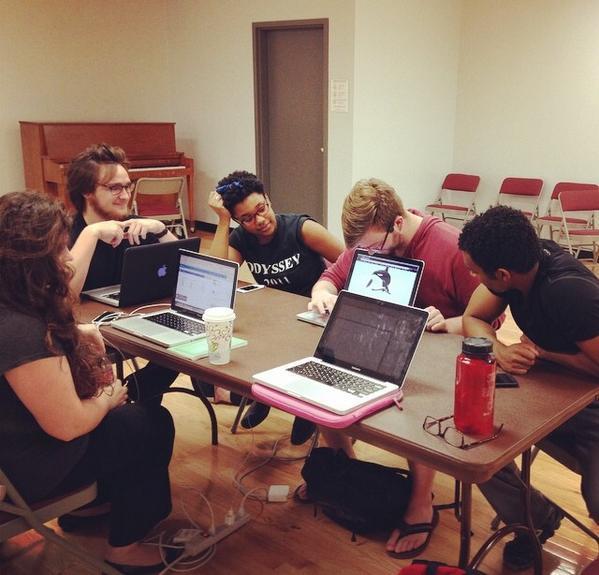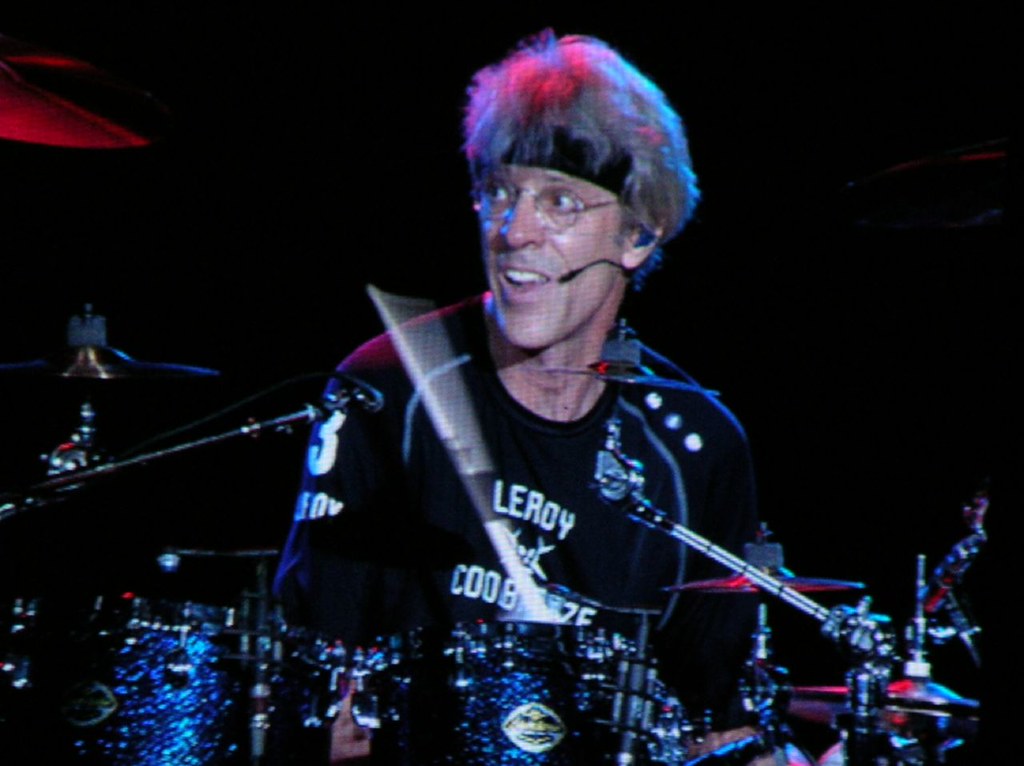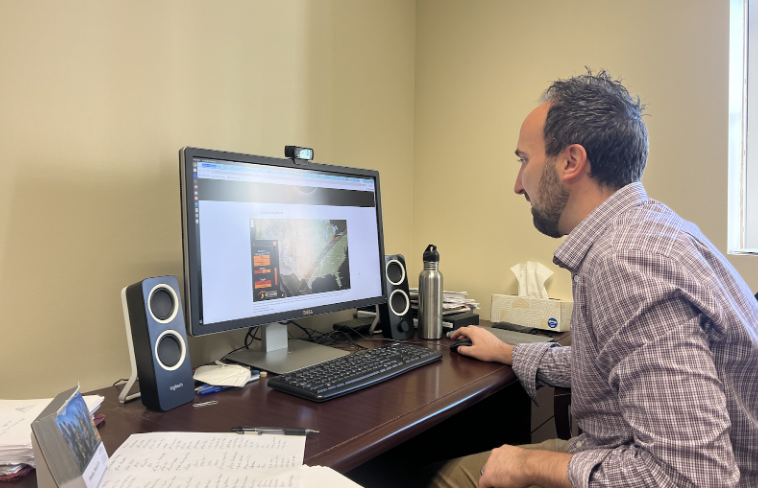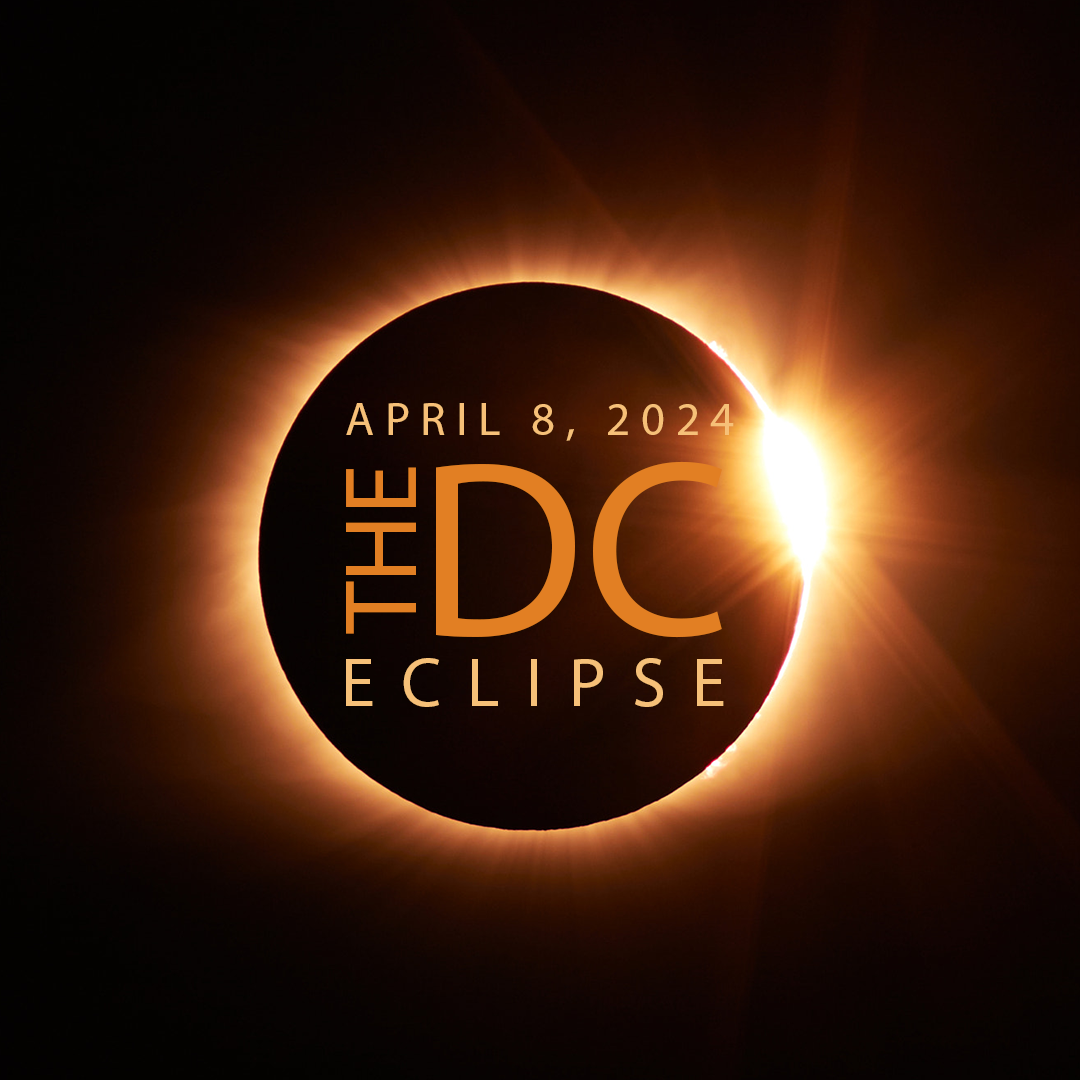
Imagine spending your entire life trapped in a cage that is only a few feet taller and wider than you are. You can’t travel outside of the cage. You have to wait for meals to be brought to you. You must do what you are told. If someone else is placed in the cage with you, you have to accept that. This is what it’s like to be an orca whale in an amusement park and sometimes an employee at a park.
This fear of being trapped is the subject of senior theater major Derek George’s play “Captivity.” George wrote the play about marine life in amusement parks, and the SMU Student Theatre (SMUST) will be holding a staged reading on Nov. 12 at 1 p.m. in the Owen’s Art Center in room B430.
George says the play doesn’t have a single meaning, but rather focuses on a theme of being stuck, either in life or work.
“The play is about captivity in more than one sense,” said George. The show also deals with the struggle that the amusement park workers face. Their jobs at Oasis Adventure Park turn out not to be not what they bargained for, and they feel trapped.
George is one of a handful of theater students who is producing his own play, according to senior theater major and SMUST producer Kristen Lee. A student who has an idea for an original play or adaptation of a performance must submit the proper paperwork with the details. They are then assigned a producer who will help them when it comes to budgeting, advertising, logistics and staging. It requires a keen eye for details and planning, but the overall process is worth it.
“I am excited that he is doing a staged reading because it is important for everyone to be involved and open to raw theater,” said Lee.
During a recent read through of the play, Hunter McConnell, Ally Van Deuren and Synthia Green read their lines as George provided narration. They were working through the story and making some final adjustments. They asked questions like, “Would my character do this?” and “Does this make sense? Should we add more here?” They decided to slightly alter the ending so that it would be more compelling.
It was a collaborative atmosphere between the actors and the writer. This is likely because George picked the people he trusted and he wanted to work with, said McConnell. The close relationships were evident throughout the reading. Actors gave honest feedback and criticism, and they knew that George would not take offense. They simply wanted to create the best story possible.
Sophomore theater studies major McConnell has his own take on the meaning of the story. He said that amusement parks make people aware of the animals and their survival. The parks also provide an excellent staff and generate money to help the animals. However, he also believes that parks can be particularly callous in their care and treatment of the animals, as the parks are often not run by people with any particular interest in marine life or even degrees in the field.
“Derek has made very clear that he wants to present arguments both for and against theme parks,” McConnell said.
McConnell’s character in the play is “Luke”, who recognizes how mistreated Kona the orca is. Luke sees that Kona along with other animals in the park are starved in order to perform tricks. He notices that a female orca in the tank is raking Kona. This means she is dragging her teeth along Kona to mark her territory. George said that raking signifies that the female owns the male, and it’s not a kind or loving act whatsoever. It’s about asserting authority.
Luke sees that the park isn’t what he thought. He’s not using his degree the way he thought he would and he sees how mistreated the animals are.
However, George does not believe that amusement parks like SeaWorld are necessarily bad places, and he certainly doesn’t want that to be the message of his play. He believes that Sea World provides excellent opportunities for learning about aquatic animals.
George began his interest in marine life when he was a child growing up in the tiny town of Howe, Texas. He would frequently watch the 1993 movie “Free Willy,” and after a vacation to SeaWorld, he began to imagine what it would be like to interact with the animals. He wanted to be an orca trainer and had planned to study marine biology in school. He then learned that a degree in marine biology wasn’t actually necessary to become an orca trainer. He learned that trainers were hired based more on their personality. He decided he would instead study theater and continue his passion for marine life.
George had been conceptualizing a play on marine life when he first saw the 2013 movie “Blackfish”. “Blackfish” tells the story of Tilikum, an orca in SeaWorld, and it shows the harsh realties of keeping a killer whale in a 40-foot tank. He knew instantly that his play would be compared to the documentary.
“It’s different because this play focuses more on the characters,” George said. “It’s not about exposing the mistreatment of the whale. It’s more about relationships between the characters and the idea of feeling trapped.”
“I think the message of the play is unique in that there are not very many plays that deal with the subject matter of animal cruelty,” said senior acting major Green who reads the part of “Kaley”.
If you would like to see a stage reading of “Captivity,” stop by the Owen’s Art Center room B430 on Nov. 12 at 1 p.m. For more information on SMUST staged productions, visit their website.
___________________________________________________________________________
“Captivity” tells the story of the amusement park employees Luke (Hunter McConnell), Mark (Kamen Casey), Amy (Kathleen Bennett), Robin (Ally Van Deuren) and Kaley (Synthia Green) as they take care of Kona the orca. Mark and Robin are trainers in the park, and Kaley is a tour guide and receptionist who is in charge of appeasing restless crowds. Mark and Kaley are married, but Mark pretends he is married to Robin while working to create a certain image of the park. Their boss Amy has just hired Luke. He is very proud of his work and his college degree, but is upset when he is forced to be the mascot at the park. The play revolves around the complicated relationships between the characters and the unveiling of mistreatment in the park.











